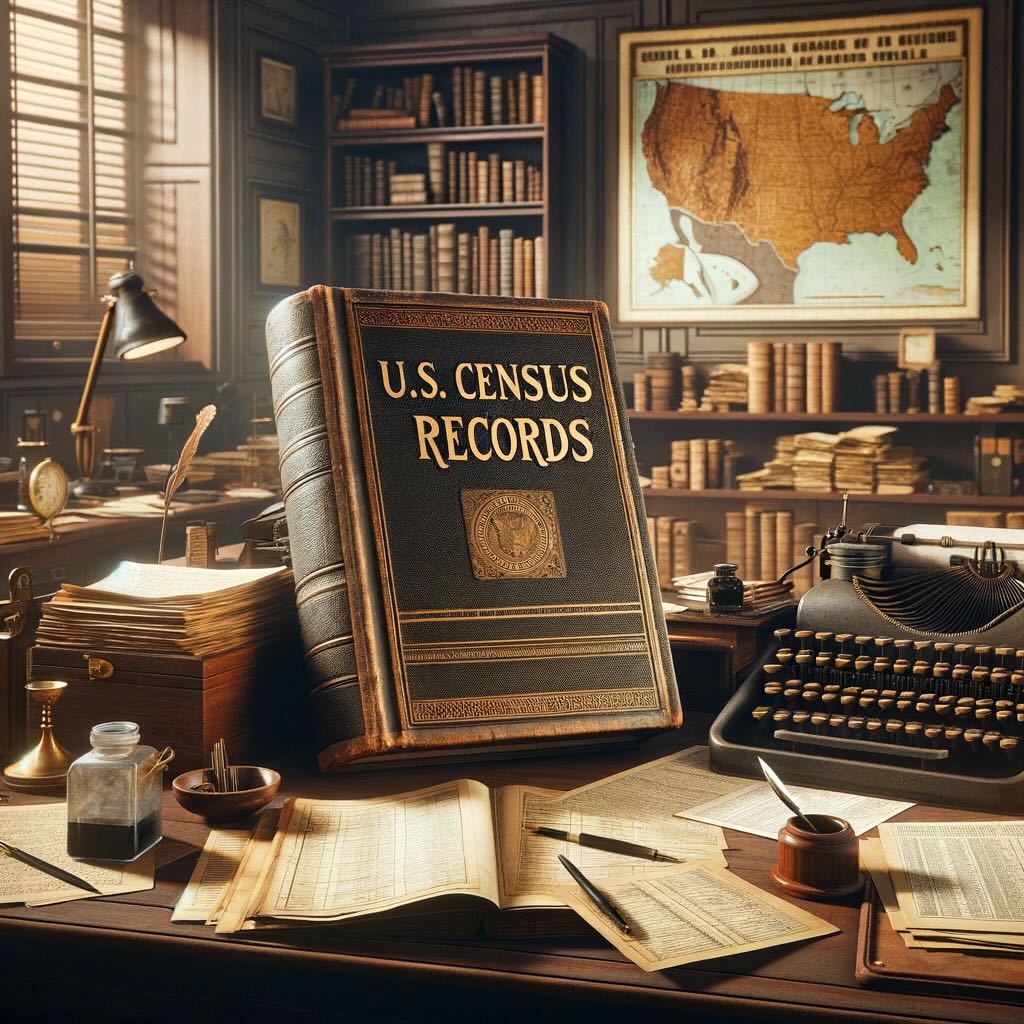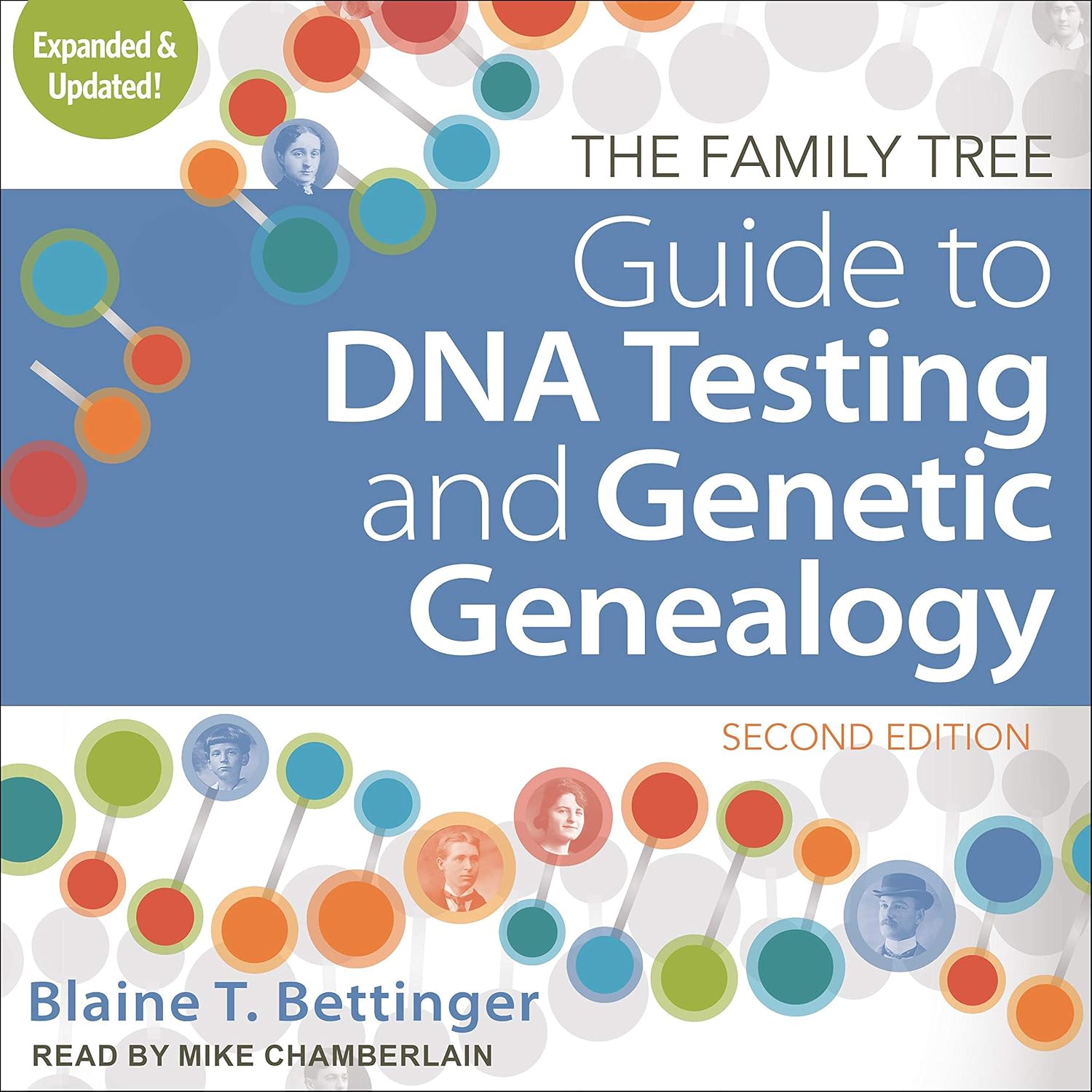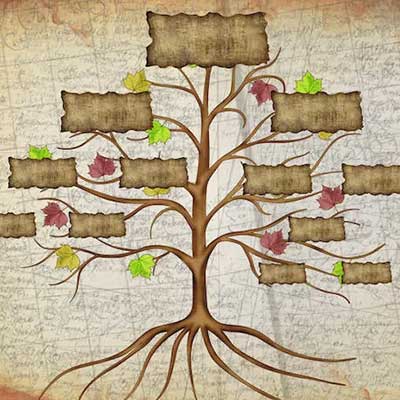- Home
- Genealogy Research Tools
- Census records
Understanding Census Records: A Comprehensive Guide
Census records are vital tools for understanding the demographics of a population. They provide invaluable data for governments, researchers, and the public, offering insights into population trends, economic conditions, and cultural shifts. In this article, we'll explore the multifaceted world of these records, delving into their history, types, and applications in various fields.
Understanding the Purpose of Census Records
Census records serve as a snapshot of a nation at a particular time, providing detailed information about individuals, households, and communities. This data is crucial for planning public services, allocating government funds, and understanding social changes.
A Brief History of Census Taking Globally
The practice of census taking dates back to ancient civilizations but has evolved significantly over time. We'll explore how different cultures and countries have approached census taking and how these practices have shaped our modern understanding of population data.
Types of Census Records
Census records come in various forms, each serving a specific purpose. We'll delve into the different types of census records, examining how they collect and categorize data.
Population Censuses Explained
Population censuses are the most common type, focusing on counting individuals and recording their demographic information. This section will discuss how these censuses are conducted and what kind of data they collect.
Agricultural and Economic Censuses
Besides counting people, censuses also focus on economic activities, such as agriculture, industry, and commerce. We'll explore how these censuses contribute to understanding economic trends and policy-making.
Accessing Census Records
Access to census records is crucial for research and personal inquiries. This section will guide readers on accessing these records, considering legal and privacy aspects.
Public Access and Privacy Laws
While census records are generally public, privacy laws govern their accessibility. We'll discuss these laws and how they balance public interest with individual privacy.
Digital Archives and Online Databases
The digitization of census records has made them more accessible than ever. We'll provide insights into navigating digital archives and online databases to find census records.
Interpreting Census Data
Understanding census data requires knowledge of its coding and categorization. This section will help readers decipher common codes and interpret the data effectively.
Deciphering Common Codes and Abbreviations
Census records often use specific codes and abbreviations. We'll explain these to help readers understand the information presented in these records.
Analyzing Demographic Trends
Census data is key to analyzing demographic trends. We'll discuss how to interpret this data to understand population dynamics, migration patterns, and social changes.
Census Records in Genealogy
Census records are invaluable for genealogical research. This section will guide readers on using census data to trace their family history.
Tracing Family History Through Census Data
We'll provide practical tips on using census records to build a family tree and uncover ancestral stories.
Case Studies: Success Stories in Genealogy
This part will feature real-life examples of how individuals have used census records to discover their family history and connect with their roots.
Challenges in Census Taking
Census taking has its challenges. We'll discuss the common issues faced and how they are addressed.
Addressing Inaccuracies and Missing Data
Inaccuracies and gaps in data can significantly impact the usefulness of census records. We'll explore how these issues are identified and rectified.
Technological Advances in Census Collection
Technology has transformed how censuses are conducted. This section will examine recent advancements and their implications for future census-taking.
Global Census Practices
Census practices vary around the world. We'll compare different methods and their effectiveness in gathering accurate data.
Comparing Census Methods Across Countries
This part will provide a comparative analysis of census practices in various countries, highlighting their strengths and weaknesses.
The Role of the United Nations in Standardizing Data
The United Nations plays a crucial role in standardizing census practices globally. We'll discuss its contributions to ensuring consistency and reliability in census data.
The Future of Census Records
Looking ahead, we'll speculate on the future of census taking and record keeping.
Predicting Changes in Census Technologies
Advancements in technology are likely to revolutionize census taking in the future. We'll explore potential changes and their impact on data collection and analysis.
The Impact of Big Data and AI on Census
Big Data and AI are set to play significant roles in the future of census records. We'll discuss how these technologies might enhance the accuracy and efficiency of census data collection.
Census Records FAQ
What are Census Records?
Census records are official government documents that collect information about a country's population. They typically include data such as names, ages, genders, occupations, and family relationships of individuals living in a specific area at the time of the census.
How Often are Census Records Collected?
Census records are usually collected every 10 years. This frequency can vary by country, but the decennial approach is most common, especially in countries like the United States.
Why are Census Records Important?
Census records are crucial for government planning, such as allocating funds, resources, and services based on population data. They are also invaluable for historical and genealogical research, providing insights into family histories and social trends.
Can Anyone Access Census Records?
Yes, most census records are available to the public. However, there is typically a confidentiality period (like 72 years in the U.S.) before they are released. Access to recent census data may be restricted to protect individuals' privacy.
How Can I Access Census Records?
Census records can be accessed through various means, including national archives, libraries, and online databases. Many countries have digitized their records, making them more accessible to the public.
What Kind of Information Can I Find in Census Records?
Census records can provide a wealth of information, including names, ages, birthplaces, occupations, marital statuses, and information about property ownership. They can also indicate relationships between household members.
Are Digital Versions of Census Records Available?
Many countries have digitized their census records and made them available online. Websites like Ancestry.com and FamilySearch.org offer digital copies of census records from various countries and time periods.
How Accurate are Census Records?
While census records aim to be accurate, errors can occur. These can be due to mistakes in data collection, transcription errors in digitization, or misinterpretation of handwriting in older records.
Can Census Records Help in Tracing Family History?
Absolutely. Census records are a fundamental resource for genealogists and family historians. They help trace family lines, discover ancestors' locations at specific times, and understand their living conditions and occupations.
What Challenges Are Faced in Census Taking?
Challenges include ensuring accuracy, reaching remote populations, dealing with language barriers, and maintaining privacy and confidentiality. Additionally, technological and logistical issues can impact the efficiency of data collection.
How Have Census Practices Evolved Over Time?
Census practices have evolved from simple headcounts to detailed data collection processes. Technological advancements have also transformed how data is collected, analyzed, and stored, making it more accurate and accessible.
What is the Future of Census Taking?
The future of census taking likely includes increased use of technology, such as online surveys, data analytics, and AI for more efficient data processing. There is also a growing emphasis on ensuring data privacy and security in the digital age.

















